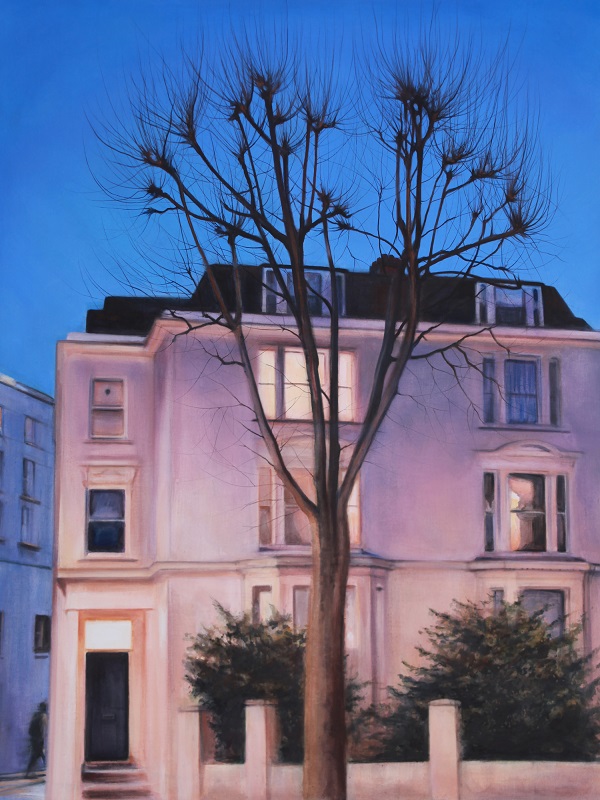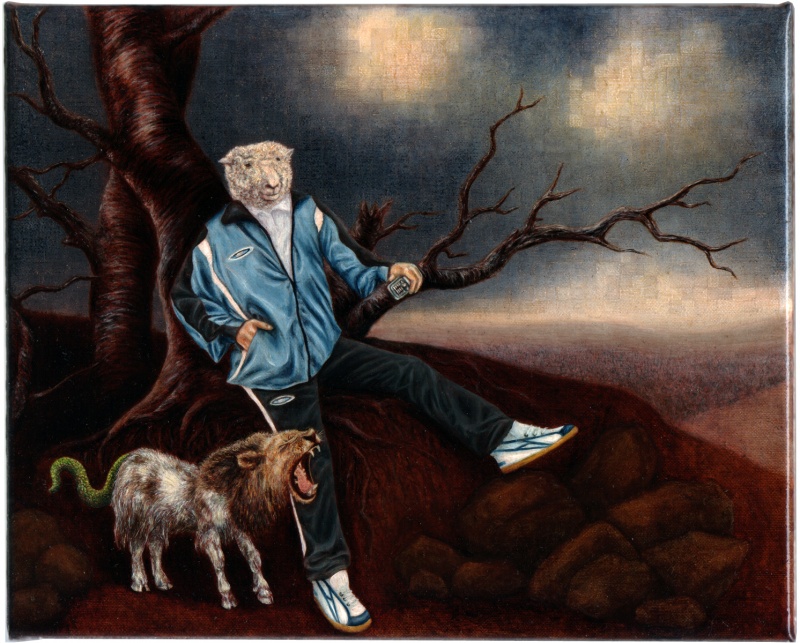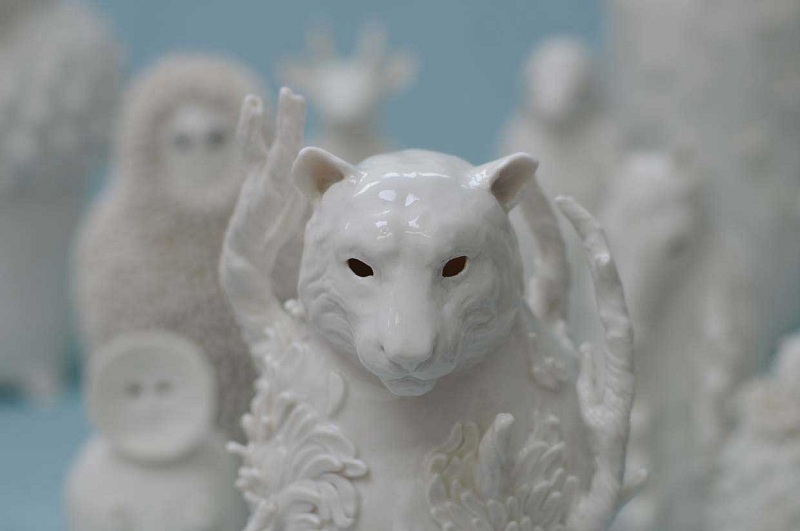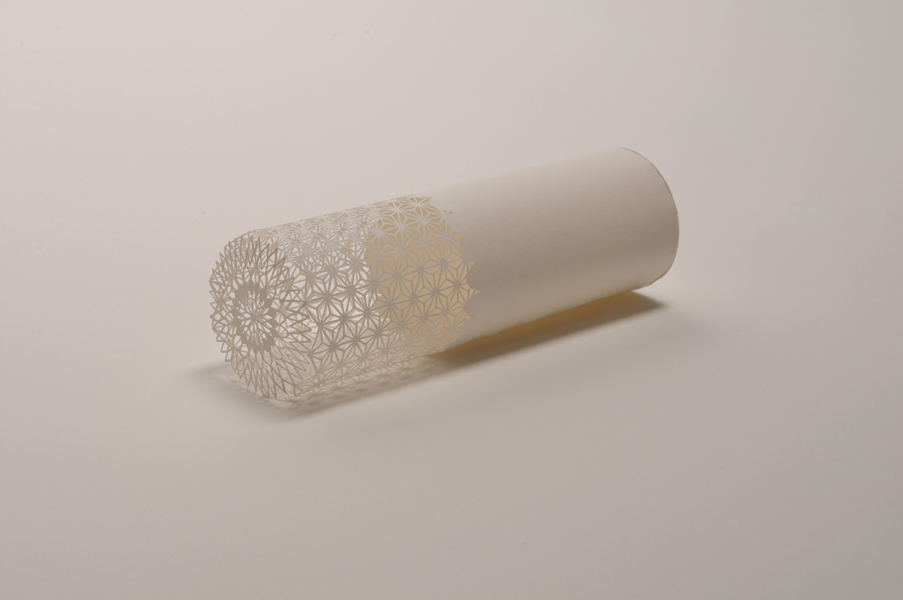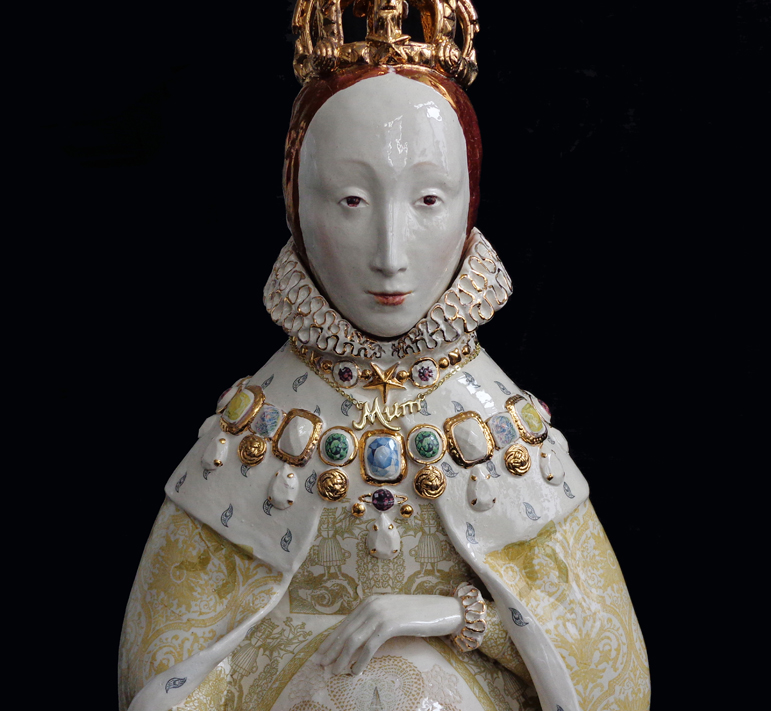Georgia Peskett graduated from the Epsom School of Art and Design in 1984. She has displayed her paintings across the country and belongs to a number of Notable Collections.
Do you come from a creative family?
My father and mother are artists. They got together in the 60’s. She was studying fine art at Kingston art school and he was studying at the Royal College of Art.
I grew up into a fairly bohemian world of artists and eccentric characters. My mother tells me that when I was a baby, David Hockney would stop by for coffee and discussions at the bedsit they had in Ladbroke Grove, off the Portobello Market (a very different place then.) My father was part of that Pop art movement that came out of the RCA in that period along with his other contemporaries Derek Boshier and Peter Blake.
I learned a lot from growing up in a home that was also a working studio: I think it all kind of becomes second nature. At an early age I believed that most other people were also artists. Large abstract canvasses lined the halls. I recall clearly the colours and the smell of the fresh oil paint, that’s the stuff that stays with you. Continue reading “Q&A with Georgia Peskett”
